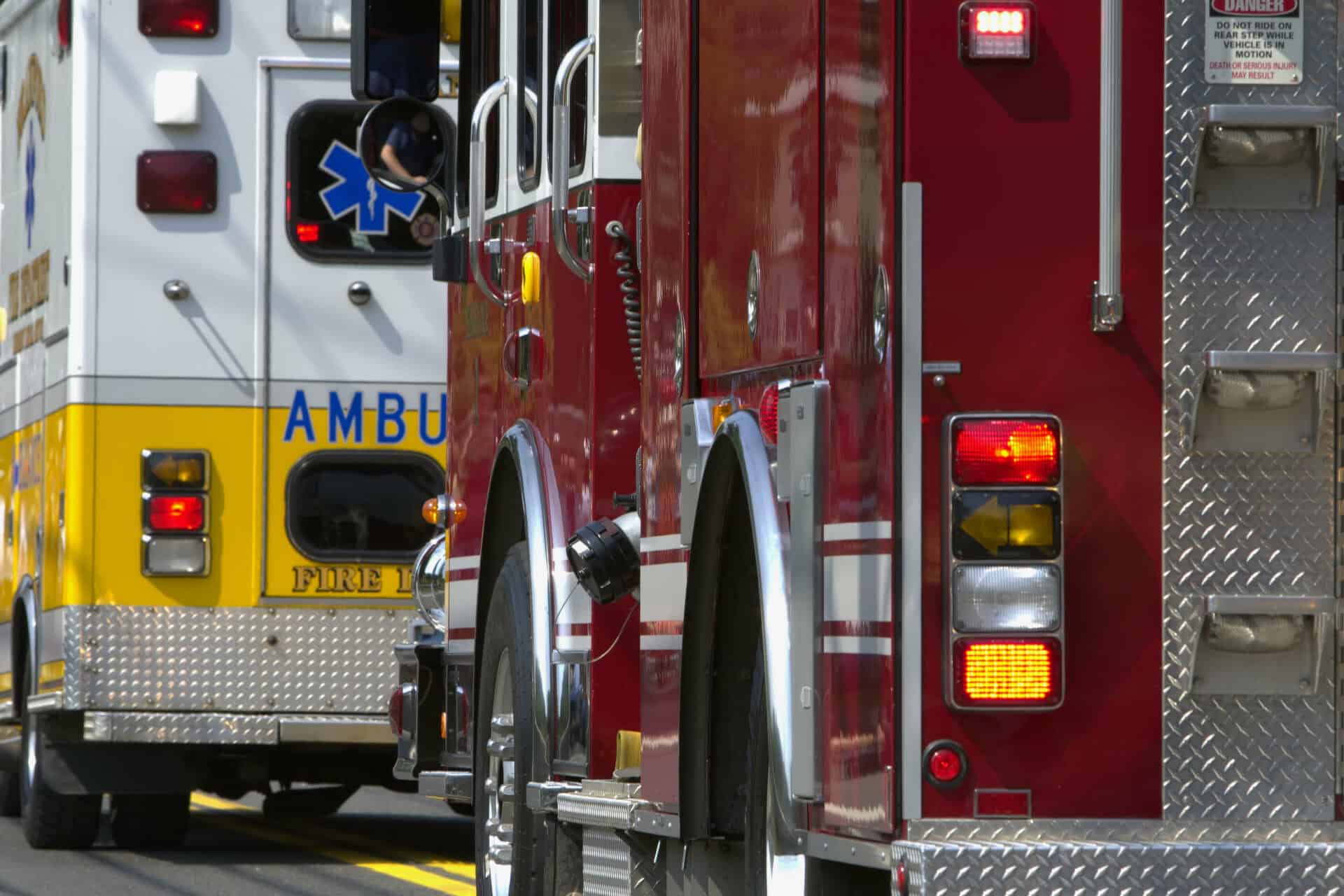Emergencies and unexpected events can disrupt our daily lives. For individuals with hearing loss who rely on hearing aids, preparation is everything. Whether it’s a natural disaster, a power outage, or a medical emergency, having a plan in place is crucial. Let’s explore the importance of preparing for emergencies as a hearing aid user, look at potential challenges, and review practical tips on how to safeguard your hearing aids and overall safety.
Understanding the Importance of Preparation
Hearing aids are invaluable tools that enable individuals with hearing loss to engage with the world around them. They enhance communication, improve quality of life, and provide a sense of independence. During emergencies, however, losing your hearing aids can significantly impact your safety, communication, and overall well-being.
Challenges Faced by Hearing Aid Users in Emergencies
Here are some of the challenges you might encounter during an emergency.
- Communication Barriers: During emergencies, clear and timely communication is essential for receiving updates, following instructions, and seeking assistance. Individuals with hearing loss may face increased difficulty in understanding emergency alerts, warnings, and communications.
- Device Maintenance: Power outages, extreme weather conditions, and unforeseen circumstances can disrupt the maintenance and care of hearing aids, potentially leading to damage or malfunction.
- Evacuation and Safety: Evacuating to safe locations, seeking medical care, or interacting with emergency responders can be challenging for individuals with hearing loss, particularly if their hearing aids are damaged or unavailable.
Preparing Your Hearing Aids for Emergencies
Here’s how you can prepare for emergencies:
- Create a Safety Kit: Assemble an emergency kit for your hearing aids that includes spare batteries, a cleaning kit, a small flashlight, a waterproof case for your hearing aids, and any necessary tools for maintenance. Keep this kit in a readily accessible location.
- Backup Power Source: Consider investing in a portable power bank or spare batteries specifically for your hearing aids. This can be a lifesaver during power outages or when access to electrical outlets is limited.
- Waterproofing Your Hearing Aids: If possible, get waterproof or water-resistant covers for your hearing aids. This will help protect them from water damage during emergencies.
- Create an Emergency Communication Plan: Inform your family members, friends, and neighbors about your safety plan and the best ways to communicate with you during emergencies. Establish predetermined signals that can be used for essential communication.
- Stay Informed: Sign up for emergency alerts and notifications, and ensure that you have access to visual or text-based alerts in addition to auditory signals. Install a weather radio or emergency alert app on your smartphone to receive real-time updates on potential hazards.
Safety Measures During Evacuations
If you have to evacuate, consider wearing a medical alert bracelet that indicates your hearing loss. This can help emergency responders and medical personnel understand your specific needs. You should also keep a list of emergency contacts with you, including family members, your healthcare provider, and a trusted friend who can assist you during emergencies.
Supporting Mental and Emotional Well-being
If you face an emergency situation, here’s how you can support your emotional health:
- Stress Management: The uncertainty and disruption of emergencies can take a toll on your mental health. Prioritize self-care and stress management techniques during challenging times.
- Stay Connected: Maintain regular communication with your support network. Discuss your emergency preparedness plans with your loved ones.
- Seek Community Resources: Explore local resources, support groups, and organizations that cater to individuals with hearing loss. They may provide additional guidance and assistance for emergency preparation and response.
Educating Others about Hearing Aid Accessibility
Advocacy and education play a crucial role in ensuring that the needs of individuals with hearing loss are acknowledged during emergencies. By raising awareness and promoting inclusive practices, we can work towards a more accessible and supportive environment for all community members.
Visit Us for Ongoing Support
Preparing for emergencies as a hearing aid user can help you stay safe in an unexpected situation. With proactive planning, you can safeguard your hearing aids and prioritize your safety and well-being during emergencies. If you need support creating your emergency kit, need hearing aid maintenance or repairs, or want ongoing support, visit us today.

